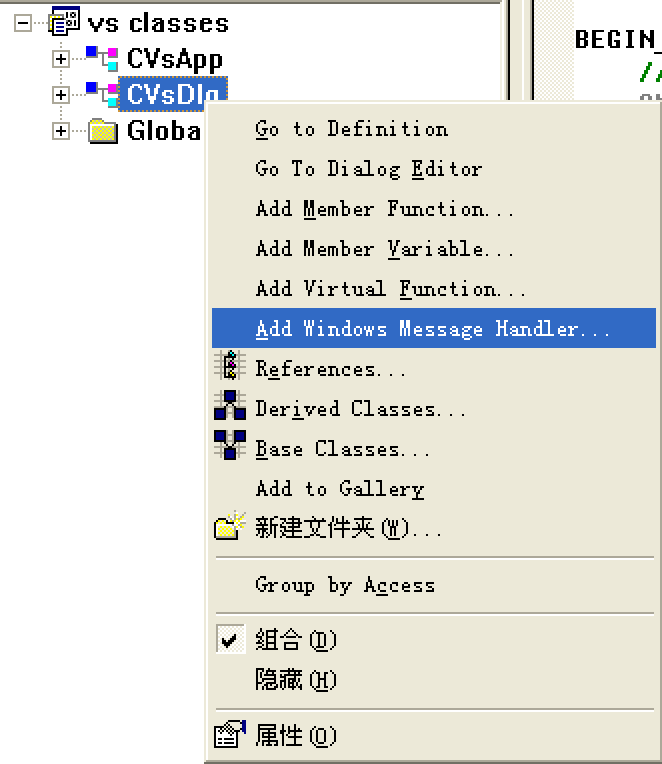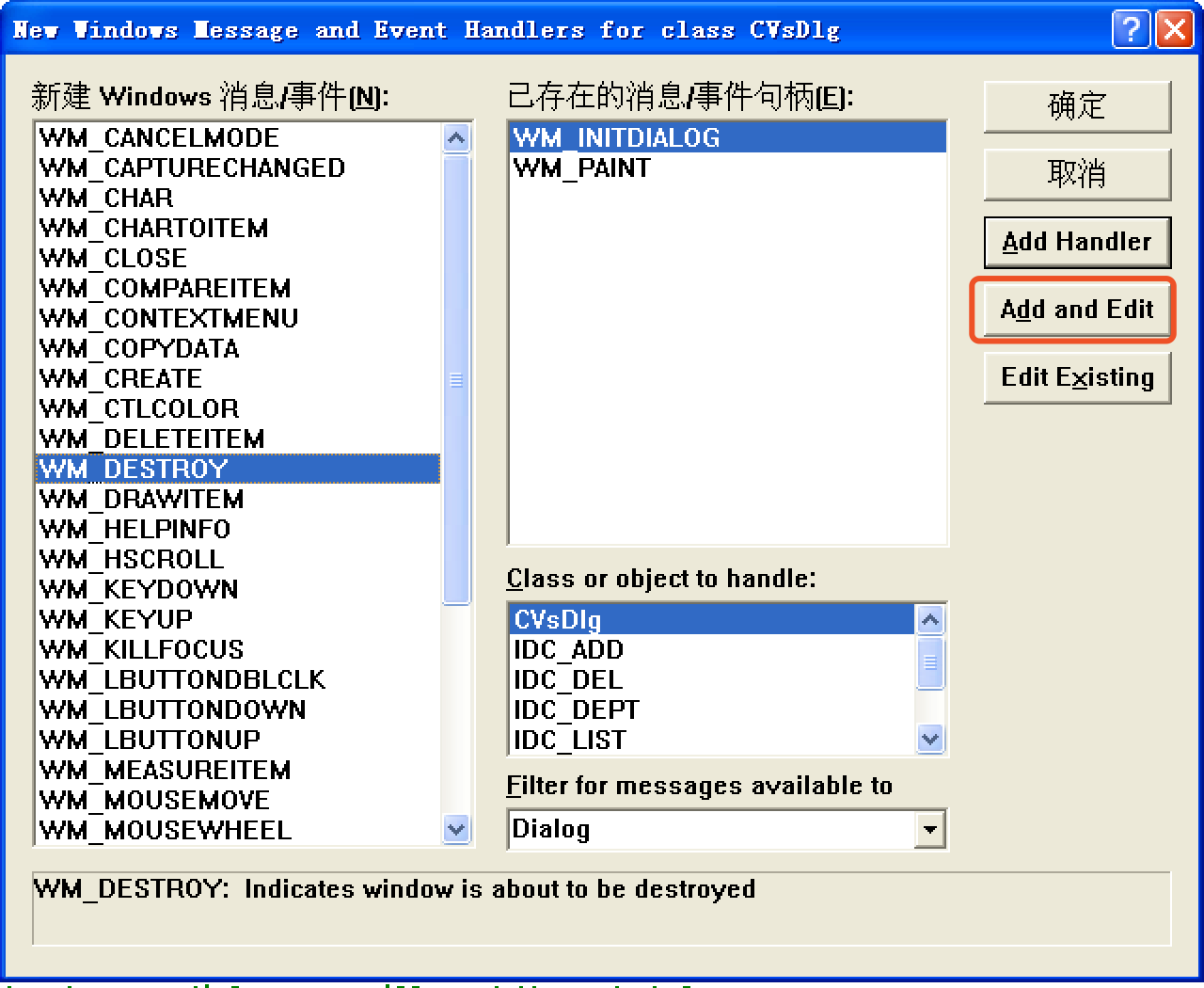
You better use the OnKillFocus which was called when the focus changes from the edit to any other field.

Instead of replacing CEdit by CMFCMaskedEdit, you then would use your edit class instead.Īgain, The OnEnChange handler isn’t the right place to calling UpdateData(TRUE) as it was called for each character entered. To catch edit messages of the edit control you must derive your own edit class from CMFCMaskedEdit and have a OnGetDlgCode as I described for CMFCMaskedEdit. Here the GetDlgItem returns a CWnd* and as GetWindowText isn’t a virtual function it will return the text already shown at screen.Īnyway, the CMFCMaskedEdit variable should no made a global but a member of the dialog and the subclassing should be done by DoDataExchange. GetDlgItem(IDC_EDIT_FLEK)- >GetWindowT ext(strFLE K) > This CMFCMaskedEdit has it’s own ‘SetWindowText’ and ‘GetWindowText’ Thanks, I already wondered about the naming … > CMFCMaskedEdit (from afxmaskededit.cpp) is part of Microsoft’s MFCFeaturePack If intellisense had any intelli-gence it would be telling you this when you typed in the member function name and hinted the opssible calling contexts to you. The modus operandi for invoking that member is to either pass a buffer+size, or pass a CString reference. M_wndMaskEdit.GetWindowTex t(m_strFLE K) ĬEdit *pEDit = (CEdit *)GetDlgItem(IDC_EDIT_FLEK ) ĭoes anybody have an idea why and give me a suggestion? The edit control inherits GetWindowText from CWnd. EXCEPTION: OCX Property Pages should return FALSE This member function causes the WM_GETTEXT message to be sent to the CWnd object.Return TRUE // return TRUE unless you set the focus to a control If the CWnd object is a control, the GetWindowText member function copies the text within the control instead of copying the caption. If the string is longer than the number of characters specified in nMaxCount, it is truncated.Ī CString object that is to receive the copied string of the window’s title.Ĭopies the CWnd caption title (if it has one) into the buffer pointed to by lpszStringBuf or into the destination string rString. Specifies the maximum number of characters to be copied to the buffer. BOOL WINAPI SetWindowText( HWND hWnd, const wchart lpString ) So, basically, the input string is passed as a constant (that is, read-only) wchart character pointer, with the assumption that the string pointed to is NUL-terminated, in a classical, pure-C style. Points to the buffer that is to receive the copied string of the window’s title. It is 0 if CWnd has no caption or if the caption is empty. Specifies the length, in bytes, of the copied string, not including the terminating null character. One way to do this in an MFC dialog is to set an event handler (the OnClick.



Void GetWindowText( CString& rString ) const error C2660: GetWindowTextLengthA: Function doesnt accept 1 parameter. Int GetWindowText( LPTSTR lpszStringBuf, int nMaxCount ) const


 0 kommentar(er)
0 kommentar(er)
